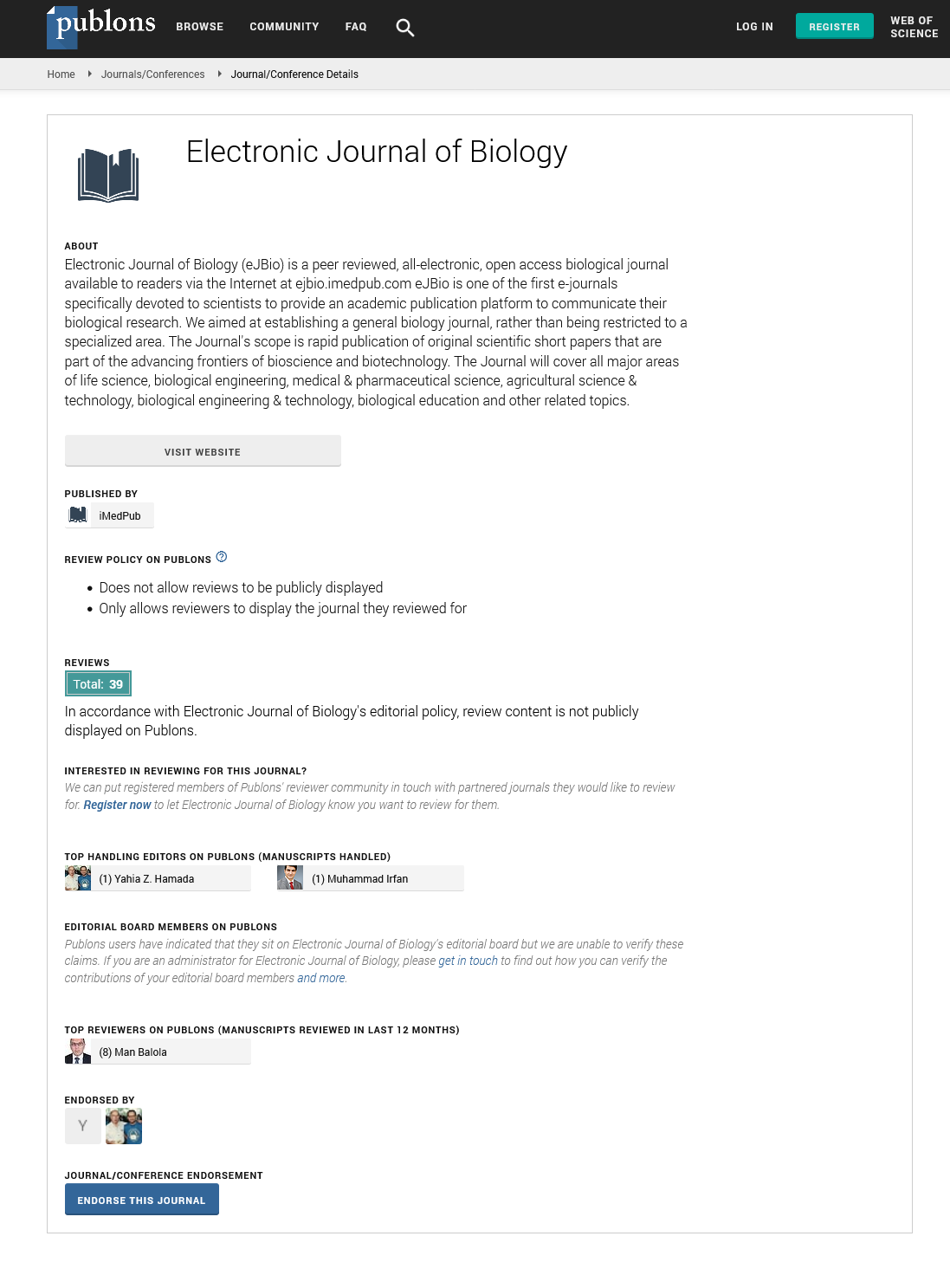Abstract
Frequency of Cognitive Impairment and Related Factors of Postoperative Recovery Room
Cognitive deficits of these disorders, delirium syndrome is of high importance in brain function among the crucial issues and after surgery that is associated with loss of consciousness and the common problem of patients admitted sector, which is less recognized. Its incidence in critically ill patients is 80 -10%. This study aimed to investigate prevalence of cognitive impairment in recovery room and related factors can predict those at risk of delirium after surgery to help diagnose this disorder we have to reduce its complications. In this descriptive study on 100 patients who were referred for surgery was performed in the hospital operating room of Khash. The subjects before surgery, including personal interviews and surgery was performed and recorded in questionnaire. After surgery, type of surgery and duration of anesthesia and surgery, patients were recorded. Also at time of discharge patients were studied by Neecham's dizziness questionnaire for cognitive impairment after surgery. The results showed that of the 100 patients studied, 58 % were male and 44% female, mean age 38.20 % of people were addicted. Severe dizziness was observed in 28% of cases. According to the results elderly and low education, laparotomy and orthopedic surgery under general anesthesia were long time are more prone to confusion and vulnerability. Therefore, to assess cognitive impairment in these patients who are undergoing surgery can recognize, treat and even prevent delirium in hospitalized to promote.
Author(s):
Navaz Emadi, Majid Dastras, Samira Soheilizadeh, Niloofar Alahverdi, Fahimeh Mirzad
Abstract | Full-Text | PDF
Share this

Google scholar citation report
Citations : 5001
Electronic Journal of Biology received 5001 citations as per google scholar report
Electronic Journal of Biology peer review process verified at publons
Abstracted/Indexed in
- Google Scholar
- China National Knowledge Infrastructure (CNKI)
- CiteFactor
- Electronic Journals Library
- Zoological Records
- WorldCat
- Proquest Summons
- Publons
- MIAR
- Openaccessarticles.com
- Secret Search Engine Labs
Open Access Journals
- Aquaculture & Veterinary Science
- Chemistry & Chemical Sciences
- Clinical Sciences
- Engineering
- General Science
- Genetics & Molecular Biology
- Health Care & Nursing
- Immunology & Microbiology
- Materials Science
- Mathematics & Physics
- Medical Sciences
- Neurology & Psychiatry
- Oncology & Cancer Science
- Pharmaceutical Sciences


